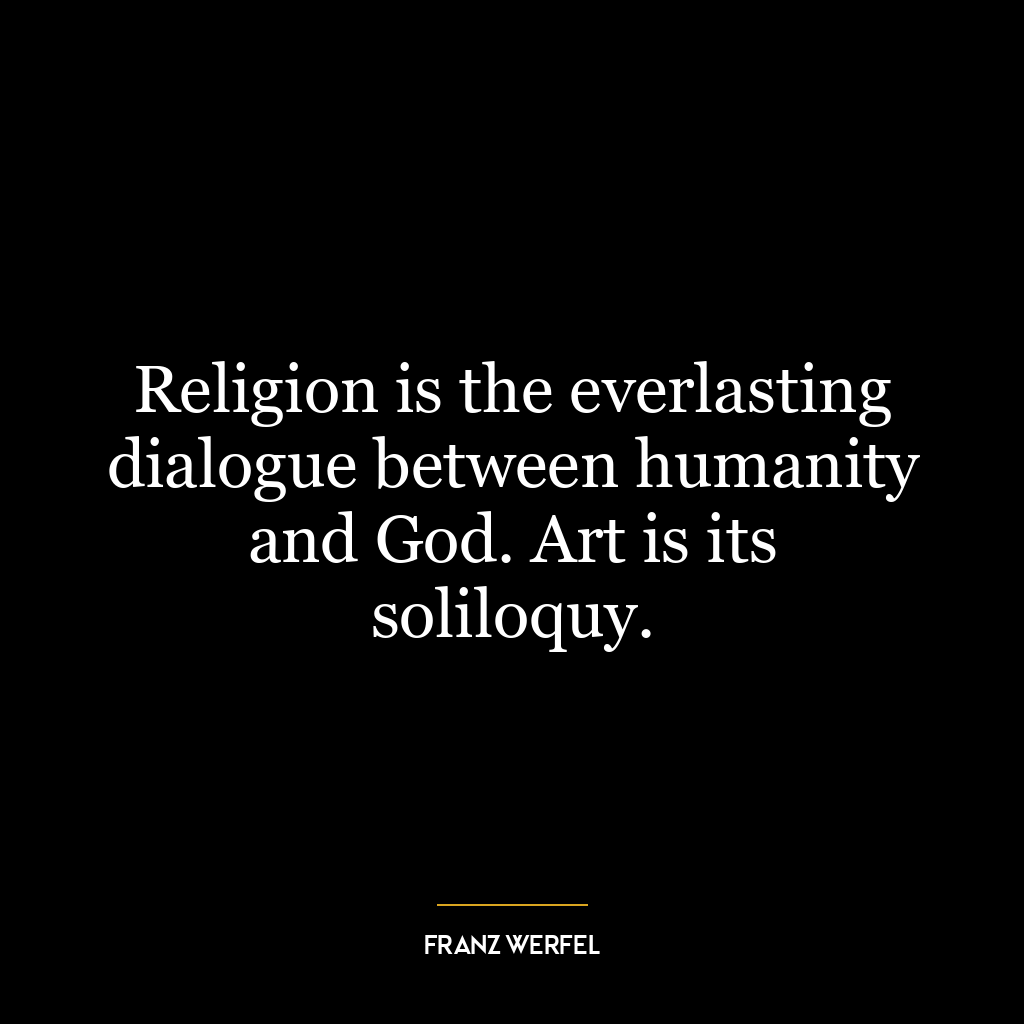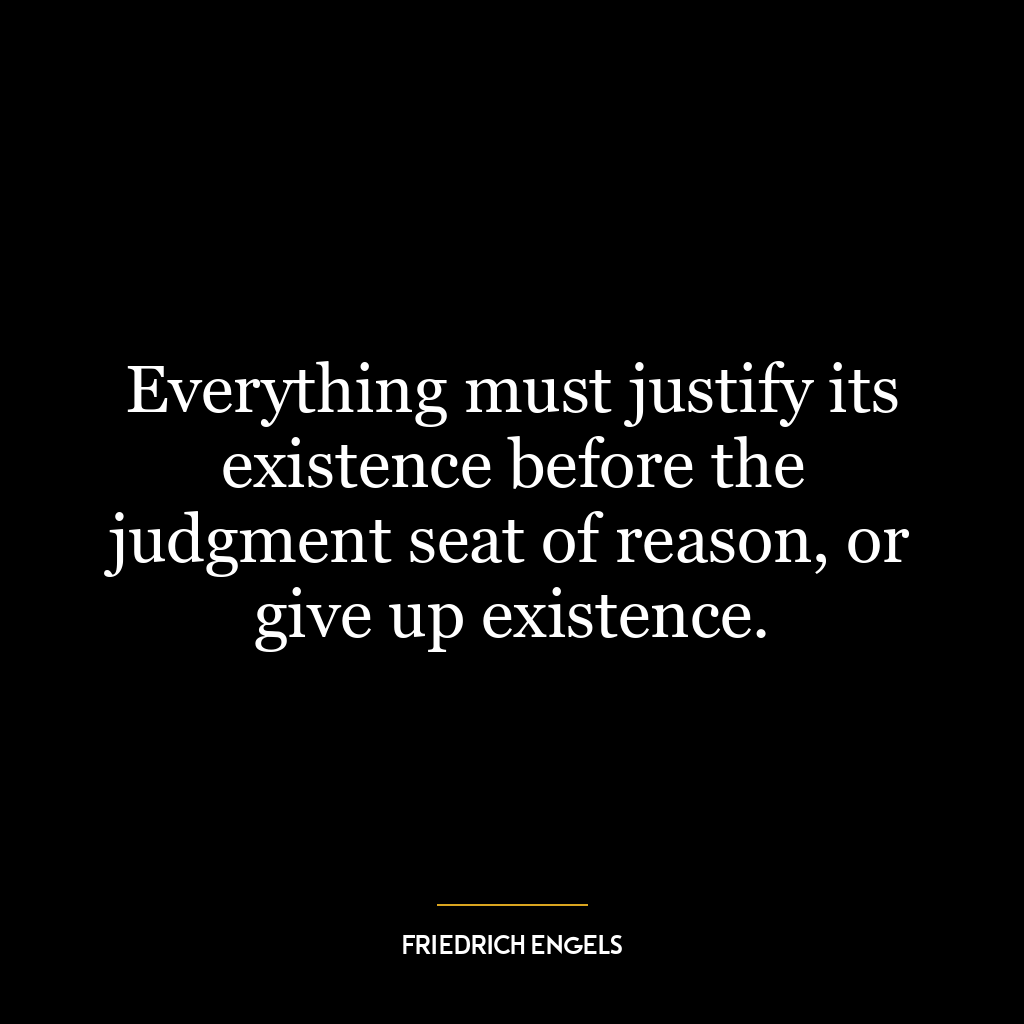Man is not the centre. God does not exist for the sake of man. Man does not exist for his own sake.
This quote by C. S. Lewis challenges the anthropocentric worldview, in which human beings are perceived as the most significant entities in the universe. It suggests that humans are not at the center of everything; instead, it proposes a God-centric view where man is not an end in himself but part of a larger divine plan.
The first part “Man is not the center” asserts that humans are not at the core of existence or reality, contradicting many modern perspectives that place humanity and its interests above all else. The second statement “God does not exist for the sake of man” argues against any belief system that views God as a cosmic vending machine existing to fulfill human desires or needs.
The third part “Man does not exist for his own sake” reinforces this concept further by implying that each individual’s life has a purpose beyond self-satisfaction or personal fulfillment. It suggests our lives should serve something greater than ourselves – perhaps other people, higher values, or according to Lewis’ Christian beliefs, God Himself.
In today’s world dominated by individualism and consumerism, this idea can be applied through promoting altruism and service to others over self-centered pursuits. In personal development terms, it may mean focusing on character growth and spiritual progress rather than mere material success or social status.
Moreover, it encourages us to consider our actions’ wider implications on society and nature rather than just how they benefit us individually – fostering responsibility towards our environment and community. This perspective also offers solace during hardships: if we believe we’re part of a larger plan beyond our understanding; we can find strength knowing there might be purpose even in suffering.
Finally yet importantly, this quote doesn’t necessarily advocate for religious belief but can also resonate with secular perspectives valuing humility before nature’s complexity and interdependence among all life forms.








